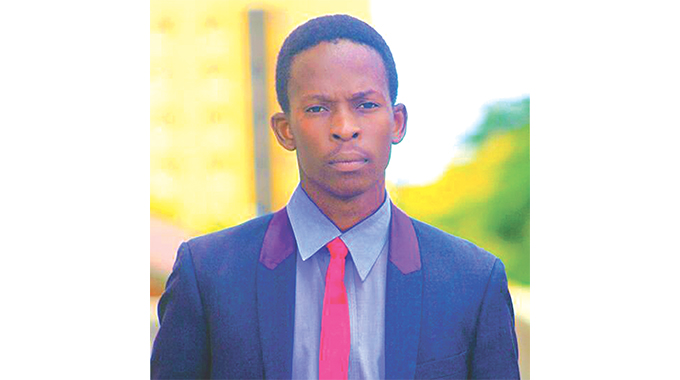COMMENT: Ill-gotten wealth must be disgorged off criminals

CORRUPTION must attract big consequences to the perpetrators.
They must be arrested, brought to court and if their cases warrant, be convicted and sentenced to lengthy prison terms with no option for a fine.
But the consequences will not be big enough if the criminals are left to keep the proceeds of their crimes. The Government must, therefore, confiscate the criminals’ assets, those assets they acquired by corrupt means. If and when that is done, justice would have been served.
The last part of the redress we have highlighted is what the Government, through the National Prosecution Authority (NPA) has been doing lately, as reported by our sister paper, The Sunday Mail yesterday.
According to the report, the Government has recovered assets valued at over US$13 million after they were found to be proceeds of criminal activities. An additional US$30 000 000 worth of assets has been frozen and should soon be confiscated.
Confirming the asset seizures, Prosecutor General Mr Kumbirai Hodzi said the NPA Asset Forfeiture Unit was being decentralised to all regional courts, while all prosecutors were being equipped with asset forfeiture skills.
“Asset seizures are always a key demand from the public in cases involving Corruption and they are also a deterrent feature for would-be offenders,” he said. “Ill-gotten wealth must be disgorged off criminals. All the prosecutors and law officers who operate in these courts have been trained in all aspects and requirements of asset forfeiture. There has been immense progress in the forfeiture of assets and we have made tremendous inroads in civil asset forfeiture applications. These applications are made in the anti-corruption courts.
“So far we have recovered two houses and vehicles including haulage trucks, all with a total value of over US$600 000. We have a total of US$13 100 000 worth of assets that were forfeited to the State. A further US$30 000 000 worth of assets is frozen pending confiscation proceedings in the High Court.”
Mr Hodzi added prosecutors had been sent to India for intensive training in cybercrime, criminology and forensics.
“We have partnered with local, regional and international authorities in the fight against corruption including the United Nations Office on Drugs and Crime (UNODC), Asset Recovery Inter-Agency Network of Southern Africa (Arinsa), World Bank Group through their Stolen Asset Recovery Initiative as well as the ICJ to train prosecutors in the prosecution of corruption cases, anti-money laundering laws and asset forfeiture. The training will continue until we are satisfied that every prosecutor including the recently-recruited prosecutors understand economic crime and asset forfeiture,” he said.
We are encouraged by the anti-corruption drive that has been going on over the past three years, starting with the appointment of a new Zimbabwe Anti-Corruption Commission (Zacc), the appointment of its head, Justice Loice Matanda-Moyo, the numerous investigations, arrests the commission has done and convictions that have occurred.
The news of the asset seizures and the value of the property in question make us happier because in the past the corrupt tended to be left alone and the few who were arrested and found guilty kept the proceeds of their crimes. So the few who served their terms would do so and upon release, continue enjoying the dirty proceeds of their crimes. This was woefully incomplete justice providing nothing by way of redress.
The seizures, as Mr Hodzi says, should also serve as a deterrent to would-be corrupt elements. They would know that if they engage in corruption, they will be arrested, jailed and be forced to return to the statuses they had before corruption made them rich.
We know, for example, land barons who became instant millionaires; we know some who manipulated tender processes to become rich.
Zacc and the NPA must go after them and recover their ill-gotten assets; the originally poor, later land barons returning to their poverty.











Comments